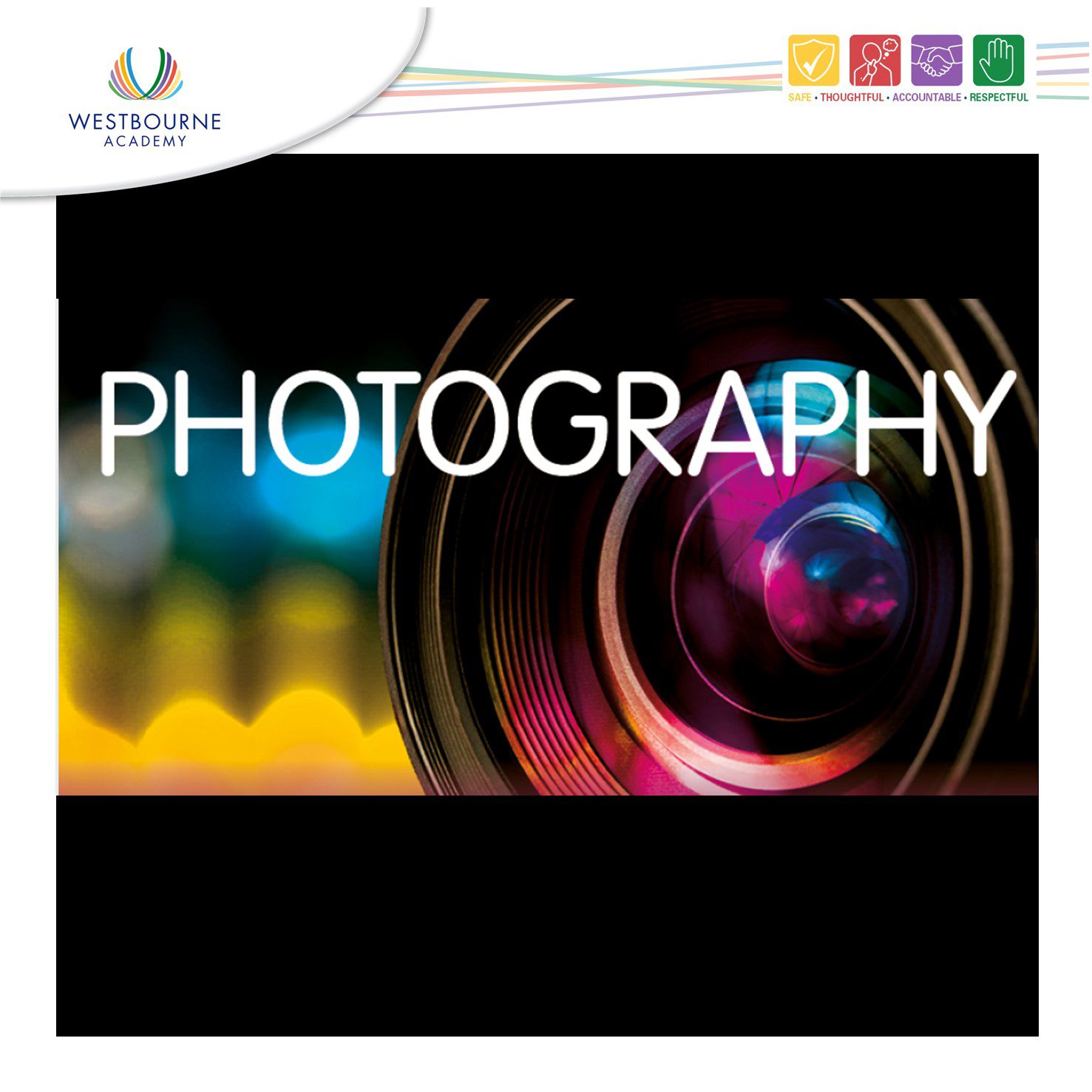Intent:
Students should:
- actively engage in the creative processes of photography in order to develop as effective and independent learners, and as critical and reflective thinkers with enquiring minds.
- become confident in taking risks and learn from experience when exploring and experimenting with ideas, editing processes, media, materials and techniques
- develop critical understanding through investigative, analytical, experimental, practical, technical and expressive skills.
- develop and refine ideas and proposals, personal outcomes or solutions with increasing independence.
- acquire and develop technical skills through working with a broad range of media, materials, techniques, processes and technologies with purpose and intent.
- develop knowledge and understanding of Photography in historical and contemporary contexts.
- develop an awareness of the different roles and individual work practices evident in the production of Photography in the creative and cultural industries
- develop an awareness of the purposes, intentions and functions of photography in a variety of contexts and as appropriate to students’ own work
- demonstrate safe working practices in Photography.
Curriculum:
KS4 Westbourne Journey Photography
KS4 – Curriculum Overviews (under development)
GCSE Examination Board: AQA
GCSE Assessment Method:
60% Component 1: Personal Portfolio.
40% Component 2: ESA (Externally Set Assignment / Exam)
Where Photography can take you:
Photography is an incredibly valuable tool to learn in today’s highly visual world. Being visually literate and understanding how an image is created is extremely beneficial. We can learn to question what is presented to us as evidence. We can understand that perfection isn’t always real and is often created. The benefits to young people who develop this knowledge and understanding at such a crucial time in life can be immeasurable.
The creative industry is one of the highest grossing industries in the UK and is a key feature of marketing for businesses.
Photography can lead to careers in photojournalism, advertising, picture libraries, forensics and medical photography, the military (photographers, image analysts, flying with red arrows even!) travel photography, wedding or family photography, music and event photography, sports photography, image retouching, printers, marketing, social media, broadcasting, war or press photography.


